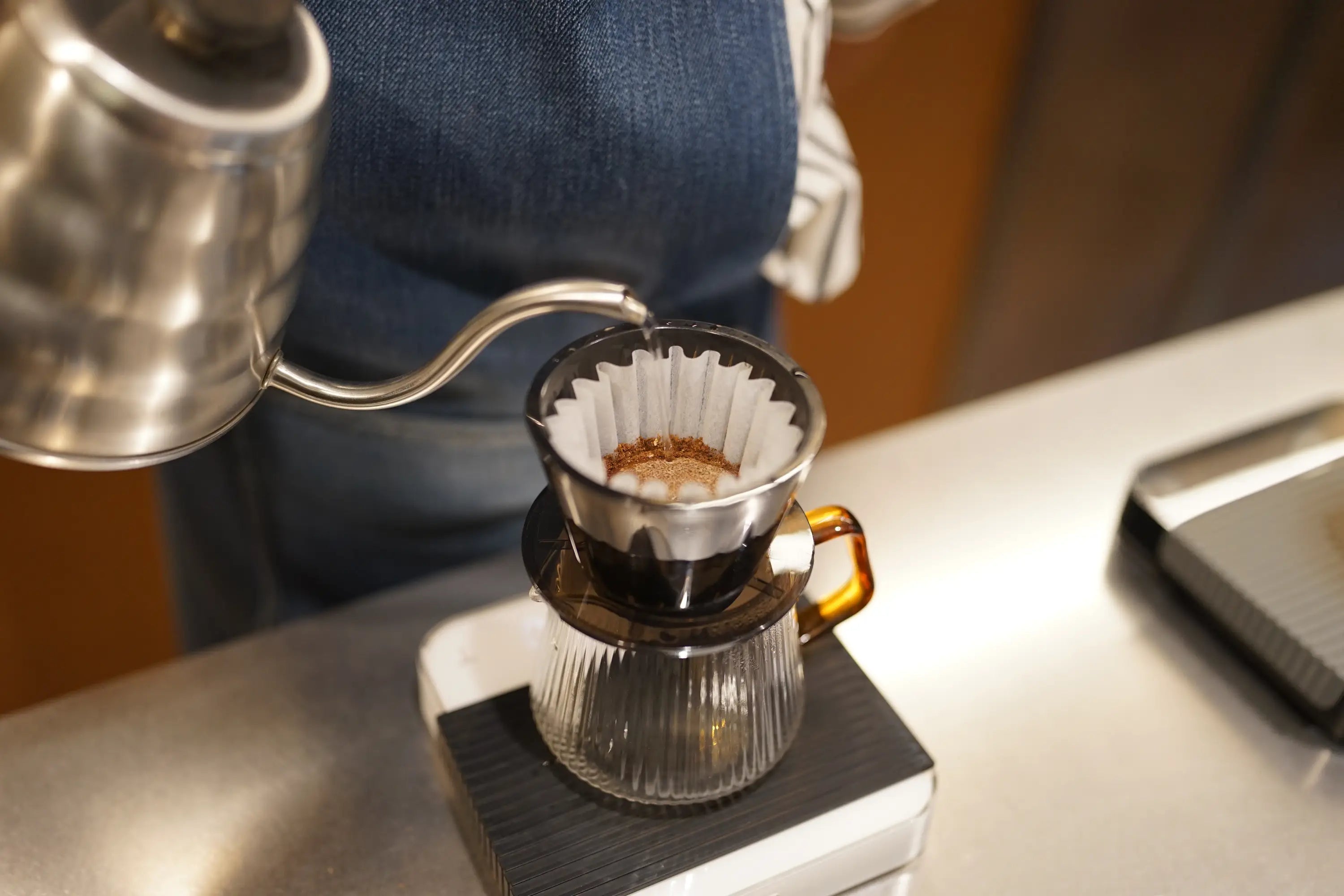Founded in 2018, Juan Martín Farm is a Banexport initiative designed to return to the roots of coffee farming as a means of learning, improving and sharing knowledge and experience with coffee growers across Colombia. This experimental space serves both as a research farm to improve techniques in the production and processing of speciality coffees, and as a testament to Banexport's commitment to excellence and sustainability.
Banexport was started by brothers Julián Ruiz and Jairo Ruiz, whom we have known for more than 10 years. The name of the farm has a special meaning: it was inspired by the birth of Juan Martín, the first child of Julián Ruiz and Sara Porras, an event that coincided with the genesis of this beautiful project. Beyond its family symbolism, it represents the origins of this significant journey in the production of high quality coffees.
With the objective of achieving exceptional coffee profiles that remain consistent over time and promote excellence in Colombian coffee farming, each coffee variety planted on the farm undergoes rigorous evaluation to refine cultivation and post-harvest techniques, ultimately achieving the highest quality coffee. This approach not only ensures an exceptional product but also contributes to the development of the coffee-growing region, creating jobs, improving the
quality of life for producers and strengthening the local economy.
In addition to its focus on quality, Juan Martín is known for its commitment to the environment and sustainability. One of its most important initiatives is the installation of a photovoltaic system at the Banexport facilities in Popayán, with 488 solar panels and a capacity of 201.6 KWP. This effort reduces our carbon footprint by 105.3 tons of CO2 per year, the equivalent of planting 421
trees.
This is a Pink Bourbon lot which originated from the department of Huila due to a natural genetic mutation. Although it was initially believed to be a hybrid of Red and Yellow Bourbon, studies have revealed its genetic relationship with Ethiopian Landrace varieties. Therefore, its exact origin is still a mystery under investigation.
The coffee cherries are disinfected, sorted, and pulped after they arrive at the wet mill, in which the beans are placed in a bioreactor that has the capability to monitor and control the medium where microorganisms are active. This controlled environment allows the naturally occurring yeast strains in the Pink Bourbon variety to metabolize the sugars in the coffee through a carefully monitored fermentation process. The beans are washed 3 times before drying in a solar dryer that was specifically built to mimic the drying conditions in Africa until it reaches between 9.5%-10.5%.
This is also the coffee that was showcased as March's subscription coffee where we get flavours of berries, peach and citrus, with a whiff of florals in the aftertaste.




